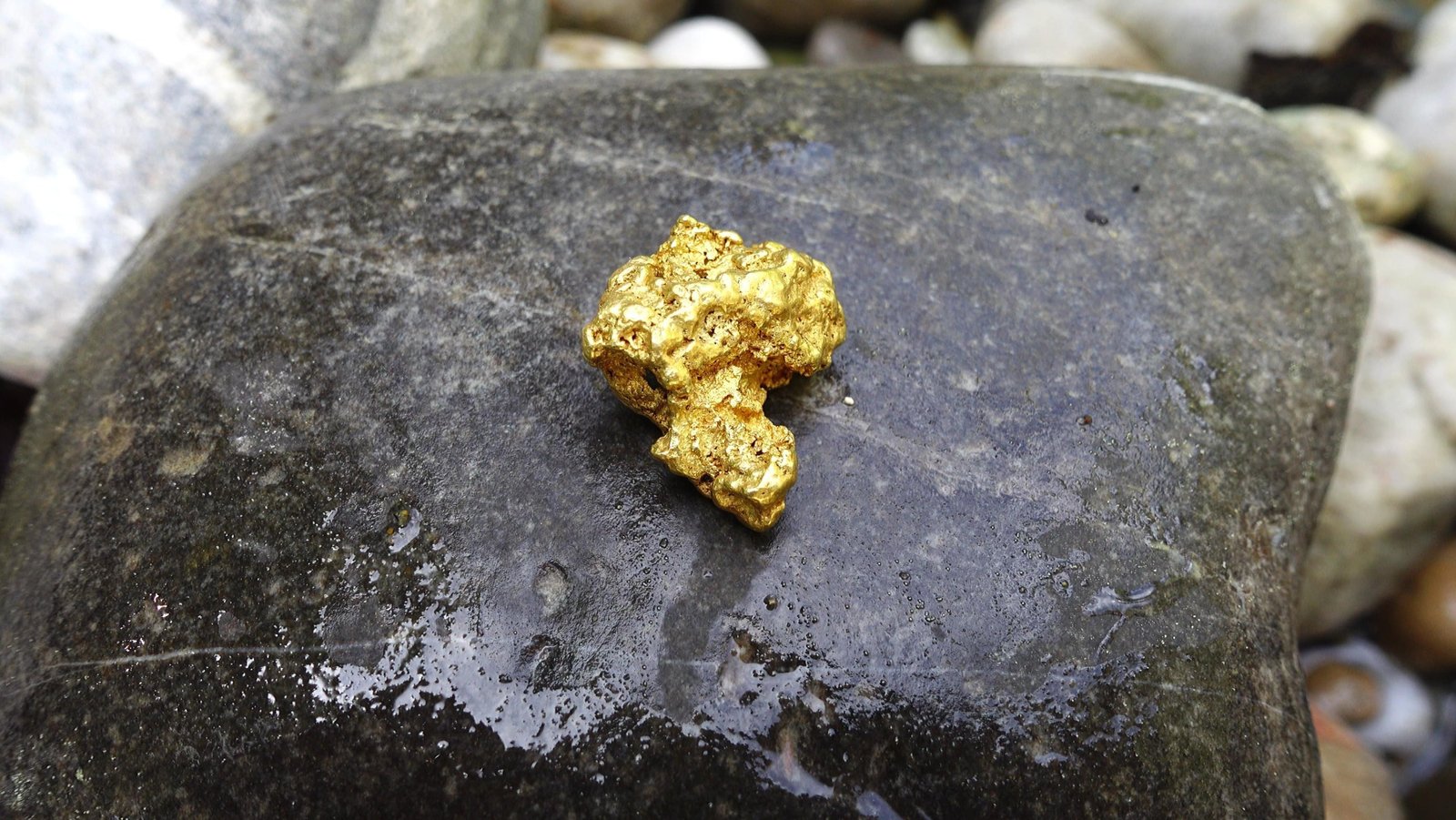News
Gold Rush in France: Farmer Stumbles on €4 Billion Treasure — But the Government Wants It All
In a story that sounds more like a Hollywood script than real life, a quiet French farmer has unearthed one of the largest gold finds in European history. Michel Dupont, a 52-year-old from the picturesque Auvergne-Rhône-Alpes region of France, discovered 150 tons of gold buried beneath his farmland—an astonishing find worth an estimated €4 billion.
The accidental discovery has not only disrupted his rural life but has also ignited a firestorm of legal battles, media frenzy, and environmental debates. This modern-day gold rush could redefine property rights and mineral law in France—and potentially kickstart a wave of prospecting across Europe.
A Billion-Euro Discovery in the Mud
Michel Dupont reportedly noticed a shimmering glow in his field while walking through his land. Closer inspection revealed gold nuggets the size of walnuts, embedded in the soil. Mineral experts quickly confirmed the existence of a massive underground gold deposit, making it one of the largest finds in recent French history.
However, this stroke of fortune has also highlighted the stark property rights laws in France, where landowners do not own the mineral rights beneath their property. As a result, Michel Dupont is legally entitled to only 0.5% of the gold’s value, a mere fraction of what the discovery is worth.
Legal Tension and Government Involvement
As news of the discovery became public, French authorities and legal experts rushed to assess the site. Government control of subsoil resources means the state could claim ownership, leaving Dupont in a bitter fight for compensation.
Legal analysts argue that the current legislation may be outdated and unfair, particularly when private citizens make such discoveries. Michel Dupont, supported by platforms like My-French-House.com, is now battling for fair compensation and a more balanced mineral ownership law.
Environmental and Economic Ripples
The discovery also raises significant environmental concerns. Activists warn of the risks that mining operations could pose: water contamination, noise pollution, deforestation, and ecological imbalance in the surrounding countryside.
On the other hand, economists and regional developers view the find as a golden opportunity—literally. They argue the mine could generate hundreds of jobs, attract foreign investment, and revitalise rural infrastructure in the region.
Innovative, low-impact mining techniques may offer a middle ground; however, tensions between development and conservation remain far from resolved.
A Farmer at the Centre of a Gold Storm
What began as an ordinary day in the fields has turned Michel Dupont’s world upside down. His once-tranquil farm is now besieged by reporters, lawyers, geologists, and treasure hunters. The constant media attention has forced his children out of school and placed immense stress on his family.
Yet, Michel Dupont remains steadfast.
“This isn’t just about gold,” he says, “it’s about justice, rights, and protecting what’s ours.”
Is a French Gold Rush on the Horizon?
With €4 billion in gold still in the ground and national debates raging on airwaves and social media, France may be on the brink of a 21st-century gold rush. As the French government deliberates and environmental impact studies continue, the fate of the Auvergne gold mine—and the rights of the man who discovered it—hang in the balance.








































